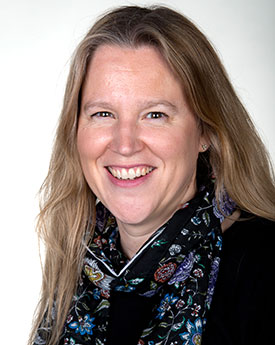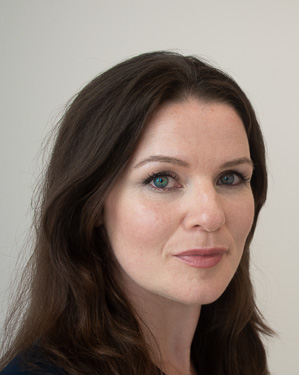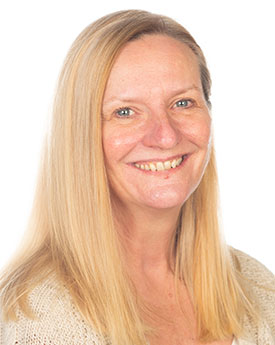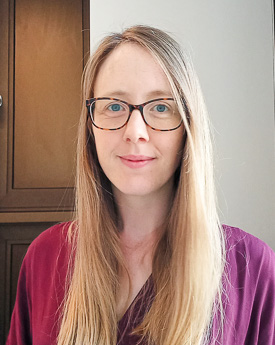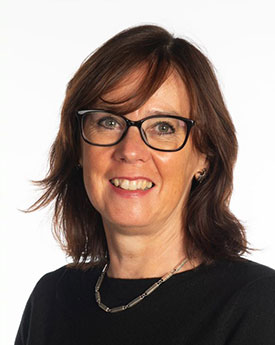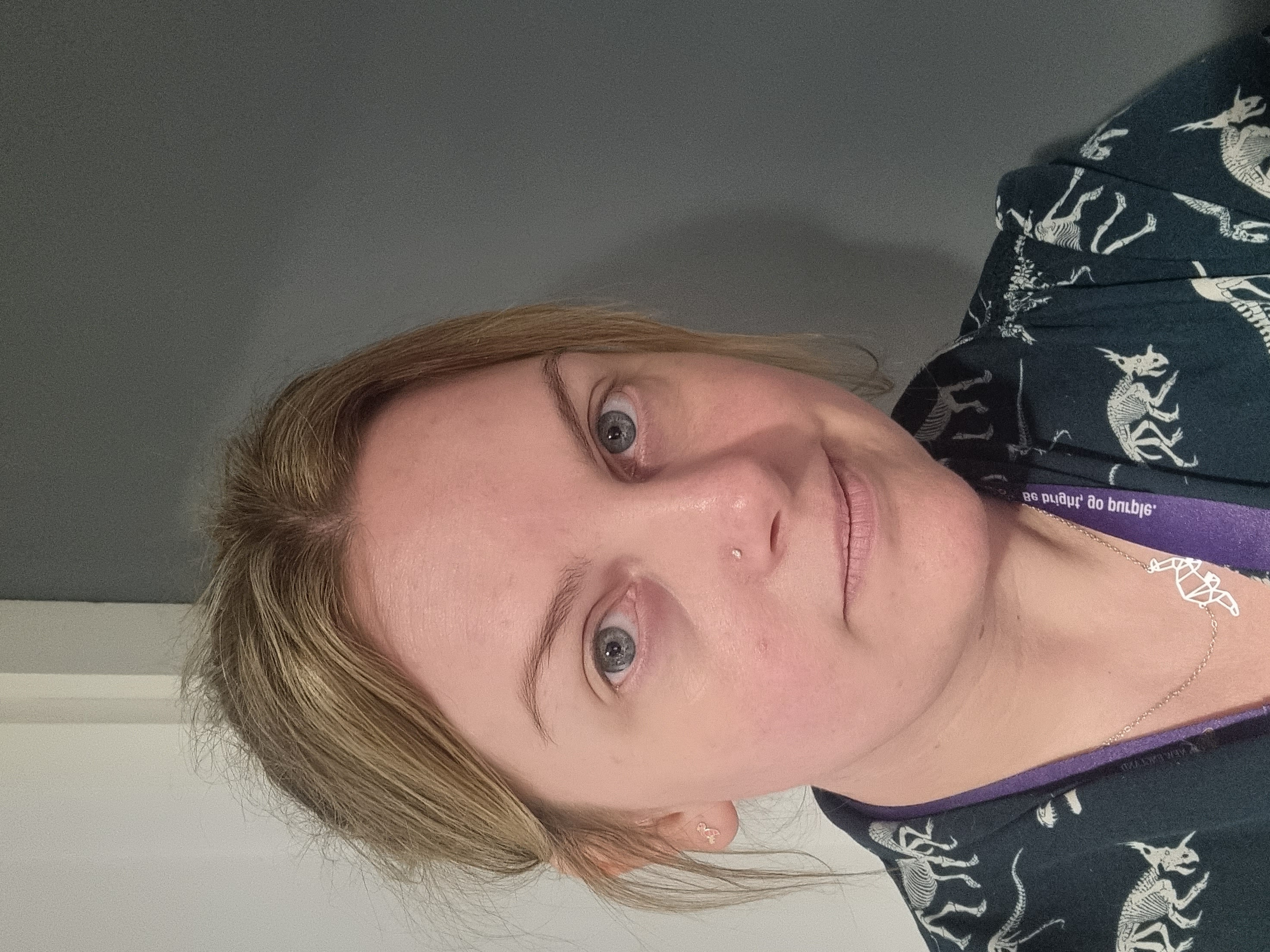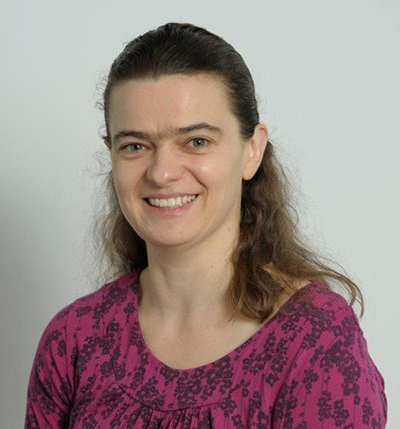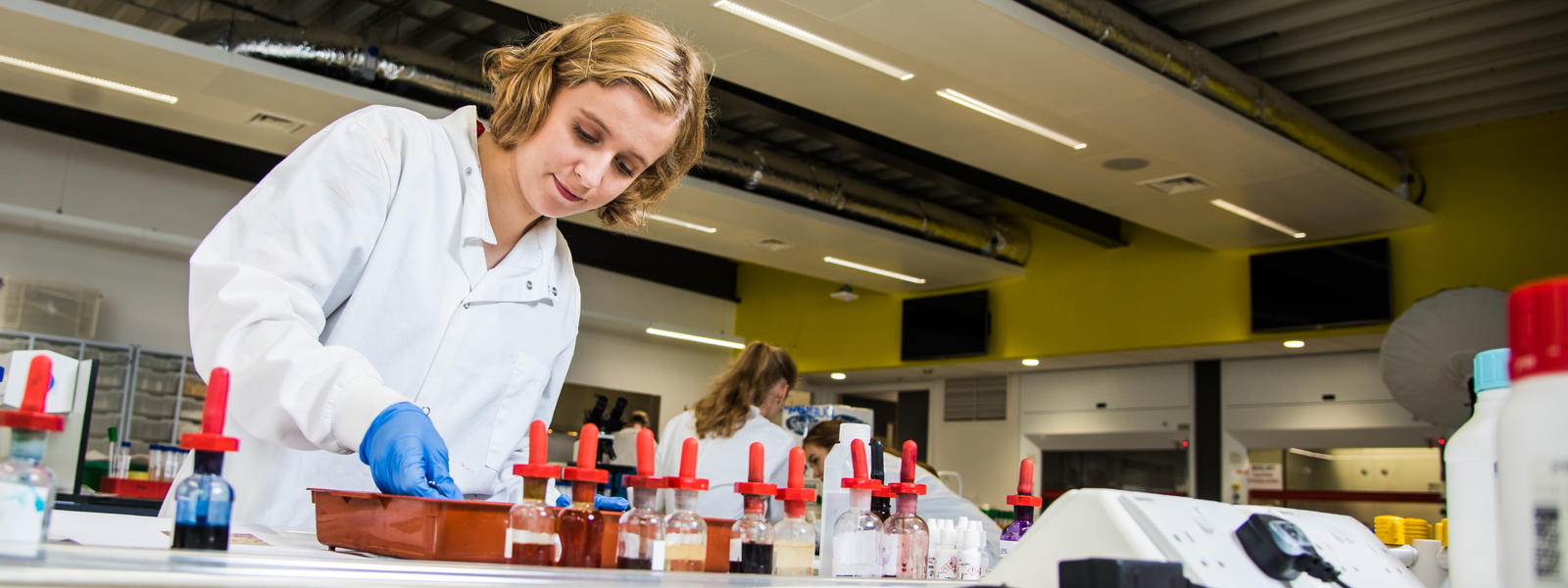
Athena SWAN
Since 2014, the Faculty of Health and Medicine has held the Athena SWAN Silver Award, recognising our commitment to advancing the careers of women in higher education and research.
Athena Swan in The Faculty of Health and Medicine
The Faculty was awarded a Bronze Athena SWAN award in 2012, and then a Silver award in 2014. This was renewed in the April 2018 round. A summary of the key points contained within that application is provided below:
Accordion
-
Governance
The way the faculty has embedded Equality, Diversity and Inclusivity into its governance structure, with the establishment of the Equality Enhancement Committee (EEC) in 2015, has been endorsed by the University Athena SWAN (AS) Committee and it is encouraging adoption across the University.
In 2015 the Dean created three new Assistant Dean positions: Staff Development, Communication and Marketing, Internationalisation. The Assistant Dean for Staff Development is a member of the EEC and its steering group.
Faculty awareness of AS has grown substantially since 2013 with 99% of staff aware of the award (75% in 2013) and 55% being involved in AS activities (48% in 2013). -
Staff data (2013-2017)
Faculty staff has increased by 16% since 2013, with significant (+22%) growth in academic headcount (to 152 staff) and a more modest (+7%) growth in professional services (to 76 staff). The gender profile has remained stable: Academic 57% female (%F) (58% in 2013), Professional and support staff 82%F (85% in 2013).
The %F academic staff (57%) equals the HESA benchmark (56%) but variation exists between divisions: 75%F staff in Health Research (HESA, 66%), 38%F staff in Biomedical and Life Sciences (HESA, 45%), 48%F staff in the Lancaster Medical School (HESA, 53%).
In 2013, only three Teaching-only academics (1 female, 2 males) were on indefinite contracts (21% of Teaching-only cohort). By 2016/17, this had increased to 79% after 5 females and 2 males were actively moved/recruited to indefinite positions.The Faculty academic ‘pipeline’ is similar to the HESA predicted ‘pipeline’ but our ambition is to be at the forefront of improving female representation, particularly at Lecturer and above.
Staff turnover is 12%, which is lower than the composite subject-specific 2014/15 HESA benchmark of 16%. There are no obvious trends with gender or Full-time/Part-time status. The highest turnover is within the researcher cohort (Grades 6 and 7), who leave when their externally-funded projects have ended.
-
Staff recruitment and induction (2013-2017)
There have been 122 academic appointments (63% female) and 47 Professional and support appointments (94% female) since 2013.
Two female researchers were appointed to our very first job-share Teaching & Research lectureship in 2017.
An external review of our recruitment practices concluded that they were fair and transparent, with a clear commitment to Athena SWAN principles.
All recruitment material has been overhauled to ensure, (i) they are objective and transparent to the candidate, (ii) the text is inclusive, (iii) male and female contacts are provided for informal enquiries and, iv) all adverts include a statement on equality and our Athena SWAN award.
We have introduced formal guidelines for candidate presentations to staff by, (i) explicitly stating the purpose of this exercise to candidates and how it relates to the person specification and, (ii) providing clear scoring criteria for staff which are then fed into the selection process.
48% of recruitment panels have been chaired by females and 84% of Chairs have been trained in Recruiting the Best (13% trained in 2013)
Female recruitment panel membership is 40% and 95% of panel members have been trained in Diversity in the Workplace (42% trained in 2013).
To date, 91% of faculty staff have engaged with Diversity in the Workplace training and 44% with Recruiting the Best.
We have introduced bespoke faculty welcome/orientation sessions every month after our analysis showed that the proportion of females (30%) attending the University’s Welcome to Lancaster sessions was lower than males (43%). The new sessions have been well attended (56% of new starters, 58% female). -
Academic promotion and support (2013-2017)
Faculty staff have submitted 36 promotion applications (64% female applicants). The cases of 65% female and 69% male candidates have been successful.
Two female Senior Lecturers were promoted to Professor in 2014/15 and a further female Senior Lecturer was promoted in 2017. Following the recruitment of a further female Professor the % female in the Professorial cohort at April 2018 stands at 38% (31% in 2013) (HESA benchmark 45%).
Six female Lecturers were promoted to Senior Lecturer in 2013/17 and, with recruitment, the % female in the Senior Lecturer cohort at April 2018 stands at 54% (58% in 2013) (HESA benchmark 51%).
Five female Lecturers were promoted from Grade 7 and Grade 8 in 2013/17 and, with recruitment, the % female in the Lecturer cohort at April 2018 stands at 51% (57% in 2013) (HESA benchmark 54%).
The 2016 staff survey showed that only 34% of staff were confident enough to put themselves forward for promotion. The EEC therefore launched a new promotions support programme that year and appointed Promotions Champions and trained Promotions Mentors.
In 2016 the number of promotions workshops was increased to two p/a (and to three in 2018). The sessions were made more interactive and grade-specific with recent candidates discussing their experiences and providing advice on demonstrating impact. This has increased average attendance from 14.5 p/a (2013-15) to 22.5 p/a (2016-17). Feedback on the 2017 sessions was overwhelmingly positive. Of the 23 staff attending, 7 submitted promotions cases to the 2017-18 round.
The 2016 staff survey showed increased awareness of the University’s promotions criteria amongst Faculty staff (73% in 2016, 58% in 2013) and the three most popular words used to describe the process were ‘fair’, ‘evidence-based’ and ‘transparent’. -
PDRs and Training (2013-2017)
Uptake of Performance Development Reviews (PDRs) is very good for all staff groups (94% in 2017) with no differences between genders. Staff are also increasingly positive about their PDR experience (80% satisfied in 2016, 62% in 2013).
Since 2013 FHM’s policy has been that line managers should explicitly discuss promotion/career progression in PDRs and identify any support required; an initiative subsequently adopted University-wide.
Since 2013 there has been a marked increase in the uptake of courses, by all staff groups, run by the University’s Organisational Development and Educational Development (OD and ED) team (100% in 2016, 82% in 2013) and a substantial increase in staff satisfaction with regards to training and development opportunities (77% satisfied in 2016, 39% in 2013).
Faculty funding for staff development has increased substantially from £15k/year to £70k/year since 2015. Funds are open to all staff under 3 headings: training, conference attendance and Career Development Awards. A proportion of the funding has recently been ring-fenced for Professional and Support staff to encourage more engagement with this funding opportunity. -
Supporting Researchers (2013-2017)
The self‐managing Researcher Career and Development (RCaD) group was recognised as good practice in our 2013 Athena SWAN submission and other Lancaster University departments have used RCAD as a template to set up similar researcher-support groups. The group considers critical issues affecting career development such as job security, continuity of contracts and opportunities to achieve more senior and permanent posts.
There is RCaD representation on the Equality Enhancement Committee (Dr Emma Halliday) and we consult with the group regarding any proposals/issues involving researchers.
Recruitment: The number of female researchers has increased by 54% since 2013, reflecting major research grant success in the faculty. In 2014, 45% of the researcher cohort was appointed at Grade 7. After encouraging Principal Investigators to appoint where possible researchers at Grade 7, 61% of the researcher cohort is currently appointed at Grade 7.
Contract status: In 2013/14, only three researchers (2 females, 1 male) were on indefinite contracts (9% of the researcher cohort). By 2016/17, 17 female and 8 male researcher had moved (or are guaranteed a move) to indefinite positions within the faculty (ca. 16% of the researcher cohort per year). Movement has been via, personal Fellowship to Lecturer (3 females, 3 males), researcher to Lecturer (8 females, 4 males), researcher to Indefinite Research-only contract (3 females) and researcher to Research Technician (3 females, 1 male).
Career progression - promotion: Since 2016, researchers (≥Grade 7) can apply for academic promotion but researchers report concerns that being successful would reduce the length of their externally-funded contract. This is a critical issue to address and we are working collectively with the University’s Senior Leadership Team to develop a solution. Our Research Development Manager is also raising awareness amongst Principle Investigators of the willingness of a number of Research Councils to support the costing of anticipated promotions and salary increments when included in research proposals.
Career progression – role evaluation/new position: Since 2013, 13% (80% female) and 31% (89% female) of researchers have moved to a higher grade through role evaluation and application for a new position, respectively. For re-grades, there is little difference between success rates for part-time and full-time staff, but a higher proportion of full-time staff have secured higher-graded new positions. This reflects the advertisement of research posts as full-time, rather than offering part-time options, which we will address.
Bridging funds: Although the University offers a 3 month extension to FTC contracts in exceptional circumstances, in 2017 the faculty introduced such an opportunity for all its researchers, to provide (i) job security between contracts or, (ii) support the researcher’s developmental needs. We have received further funding from the 2018 planning round to continue with this provision.
Fellowship support: The 2016 survey revealed that 54% of researchers were considering a research-only career (lectureship, 39%). The acquisition of a Fellowship would aid both career paths. We, together with the Faculty’s Research Committee, have now implemented a series of fellowship workshops and are offering mentoring/coaching by successful Fellows to Fellowship candidates.
Developmental Lectureships: As part of our workforce planning we are currently exploring the option of establishing developmental academic roles, building on a model piloted in our Medical School - after experiencing such difficulty in recruiting anatomy lecturers, it plans to ‘grow its own anatomist’ via an appointment which combines PhD study with teaching, and leads to a permanent Teaching & Research academic post (2 females appointed to date). -
Supporting professional/support staff
Induction: The new Faculty welcome/orientation sessions are open to professional/support staff. A ‘buddy’ is assigned to staff to facilitate the smooth transition into the role. In the past 5 years, only three people (out of 109) have resigned during their first year of employment.
Career progression – re-grade: Where a role has evolved/is evolving to meet a changing business need, an expert People and OE panel assesses whether there is an increase in responsibility warranting a re-grade. Since 2012, 11 out of 12 role evaluations have resulted in re-grades. All candidates were female and 3 successful candidates were on part-time contracts.
Career progression – additional increments: Staff can receive additional increments within their current grade when there is evidence of accelerated progress or sustained exceptional performance. All 13 increment cases (since 2012) have been successful and have included 4 part-time staff.
Career progression – secondments: Staff are encouraged to consider secondments and work-shadowing to aid development. Since 2011 we have had 8 secondments - 5 within the faculty, 2 into other parts of Lancaster University, and 1 from another part of the University into the faculty (all female).
Staff development: Training opportunities for professional/support staff are the same as for academic staff. Uptake to courses run by the University’s Organisational Development and Educational Development (OD and ED) team is 100%, and staff satisfaction with the training is 73%. At our monthly Professional Services meeting we have introduced ‘staff development’ as a key theme and hear presentations on individual’s experiences of development. A portion of the Faculty’s staff development fund has now been ring-fenced for professional/support staff only, to encourage uptake.
Technical staff: The faculty has played a leading role at Lancaster University regarding development opportunities for technical staff and is a strong advocate of the Higher Education and Technicians Educational Development Framework. Staff have been encouraged to apply for Institute of Science and Technology professional registration and we are providing help with application preparation (uptake: 25%). -
Faculty organisation and culture
Working environment: The 2016 staff survey showed that 67% of staff considered their department a positive working environment (58% in 2013). Departmental promotion of a healthy work-life balance continues to be a concern and after hosting a number of focus groups we introduced the following actions addressing three of the most frequent issues:limiting email communication outside the hours of 7am and 7pm weekdays (and at weekends),
introducing core hours (10am-4pm) for meetings where faculty/divisional business is discussed (with lunch being provided when necessary) and,
introducing new guidance for HoDs regarding home working to ensure greater transparency and consistency in this area.
Workload model: The 2016 staff survey showed that only 39% of academic staff perceived workload allocation to be fair and 27% considered it transparent. A review was commissioned in 2016 and as a result, a new model was piloted in BLS. Feedback from BLS staff was positive and gender analysis, excluding new starters and Professors (the latter are exclusively male), has shown that female staff (n=7) spend 39.7% of their time on teaching, 37.6% on administration/service, leaving 22.7% for research/scholarship, whilst the equivalent breakdown for male staff (n=13) is 42.7%, 30.8% and 26.5%, respectively. Versions of the model are currently being piloted (in Health Research) or finalised (in the Medical School).
Committee membership: In 2015/16 the % female (%F) academics on all committees decreased due to the all-female Heads of Division and Associate Deans becoming predominantly male appointments. The effect was particularly noticeable in the Policy and Resource Committee so the Dean expanded membership to incorporate 3 new Assistant Deans (2 females, 1 male). In 2017/18 additional membership changes have enhanced the profile further. Similar actions have been undertaken where possible for other committees and we are seeing a more representative gender profile.
Acquisition of research funding: Males on average submit more applications than females and for more money but the success rate and outcome award is equivalent. Therefore, there appears to be no gender gap in the acquisition of research funding but differential in aspiration.
External committees: In 2016/17, 29 members of academic staff (48%F) engaged with a range of external committees/boards and editorial activities. Although Professors are more likely to sit on external committees it is encouraging that 10 Lecturer/Senior Lecturer (70%F) also sit on external panels/working groups.
Divisional seminars: Seminar conveners strive to attain gender parity and across the faculty, speakers are 63%F (2014/15), 45%F (2015/16), 49%F (2016/17).
Maternity leave: Since 2013, 16 staff, spanning a range of grades and contract types, have taken maternity leave. Most have returned to an equivalent FTE to their original but there is flexibility in FTE available upon return. Two staff have since been promoted, one researcher has moved to a lectureship and two researchers have moved from a fixed-term contract to an indefinite contract. -
Student recruitment, support and attainment (2013-2017)
Recruitment: % offers to female (%F) applicants reflect %F applications (for both undergraduate and postgraduate) demonstrating consistent equity in the admissions process.
Student population: Female students currently make up 67% and 56% of the undergraduate (UG) cohort in Biomedical & Life Sciences (BLS) and the Lancaster Medical School (LMS), respectively (HESA benchmarks, 62% and 59%). Female students (2013-2017) have made up (i) 49% and 63% of the postgraduate-taught (PGT) cohort in BLS and LMS (HESA, 68% and 59%) and, (ii) 62%, 64% and 62% of the postgraduate-research (PGR) cohort in BLS, LMS and Health Research (HESA, 60%, 59% and 62%).
UG attainment: %F attaining 1st/2(i) degrees in BLS has averaged 77% and males (M) have averaged 65% (HESA benchmarks 79% and 66%, respectively). The MBChB programme also shows higher %F attainment in the award of Honours/Commendations (HESA benchmark unavailable). Both divisions have reviewed student attainment by gender and assessment type and have found no significant gender differences in coursework, test and exam performance and no clear trend as to why females outperform males.
PG attainment: PGT completion rates for females and males are equivalent at 94% (2013, 2014) and 100% (2015-2017) (HESA benchmark unavailable). PGR completion rates are also equivalent at 95%F & M in BLS, 92%F and 100%M in LMS, and 71-96%F and 66-100%M in DHR (2011-2017, HESA benchmarks unavailable).
Internships: BLS has made significant investment into providing internships for UGs (10/year) and these, together with other external internships, has increased provision from 2 in 2014/15 to 26 (2015/16) and 17 (2016/17). In both years, applicants were 73%F (in cohorts comprising 63-66%F) and 72-87%F secured posts.
Symposia: The faculty has hosted a Postgraduate Welcome event (since 2009) and an annual Postgraduate Symposium (since 2015), where students present their work. It is well attended by staff and enables students to discuss their research with the wider research community and to engage in conversation about future career plans. Since 2015 the symposia include the facility for students who are at a distance (e.g., Blended-learning PhDs) to participate in real-time.
Careers advice: All students have access to academic careers advisers who provide specialist advice on career paths. The Medical School has a specialist career adviser who also hosts a one-day specialties fair, which is open to Biomedical & Life Sciences undergraduates considering postgraduate entry to medicine, and includes a speaker from the Medical Women’s Federation.
The Athena SWAN Charter works towards recognising advancement of gender equality: representation, progression and success for all. The charter covers the following:
- Women, and men where appropriate
- Academic roles in science, technology, engineering, maths and medicine (STEMM)
- Academic roles in arts, humanities, social sciences, business and law (AHSSBL)
- Professional and support staff
- Trans staff and students
In relation to their:
- representation
- progression of students into academia
- journey through career milestones
- working environment for all staff

Action Plan (2018-2022)
Actions, success criteria and predicted outcomes pertaining to students, professional and support staff, academic staff and research staff.
Action Plan (2018-2022)Equality, Diversity and Inclusion Committee
The Equality, Diversity and Inclusion Committee (EDI) is responsible for the development and improvement of practical steps to reduce inequity and to further the advancement of equality within the faculty.
Whilst gender and intersectionality with other protected characteristics will often be the focus of the EDI, the Committee will consider issues relating to individual protected characteristics where appropriate.
The Committee will be a vehicle to ensure that the principles of equality are embedded throughout the culture of the faculty. It will monitor the faculty’s Athena Swan Action Plan and will be responsible for ensuring that the faculty maintains its trajectory to meeting the current plan and to developing and implementing initiatives in support of future equality enhancement plans.
EDI Committee Members
Loading People




